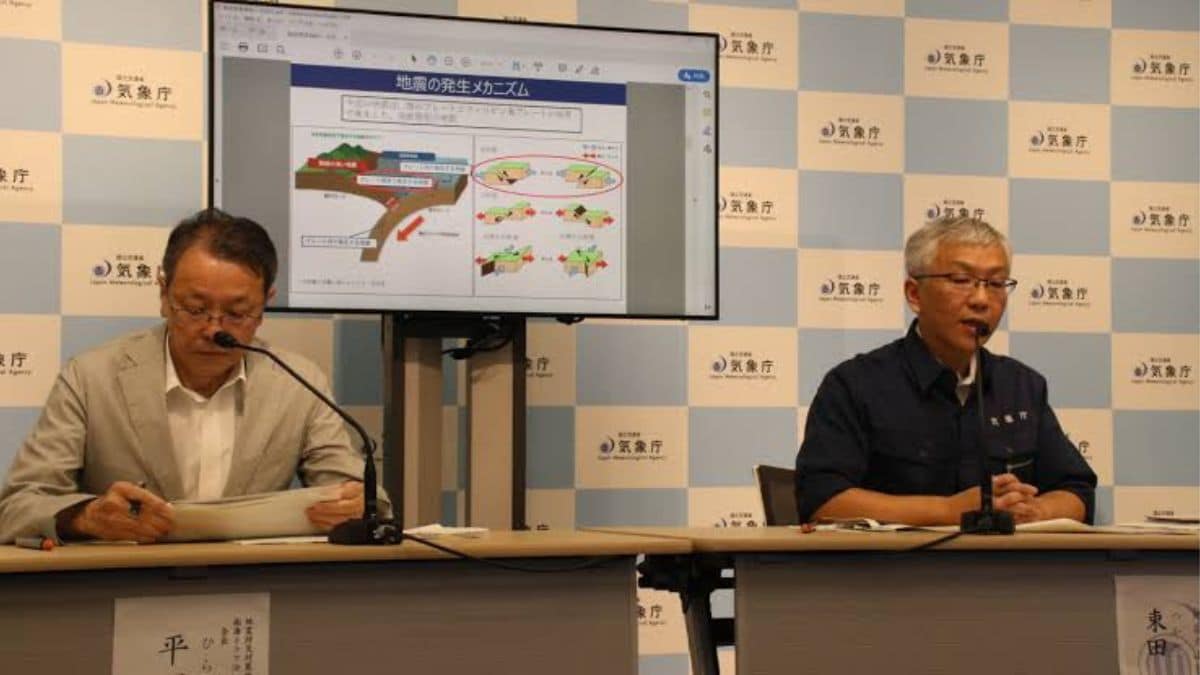The Japan Meteorological Agency (JMA) has issued an unprecedented advisory for a potential Nankai Trough megathrust earthquake, following Thursday’s powerful tremor off Miyazaki Prefecture. This groundbreaking alert, the first of its kind, has sent shockwaves through Japan’s tourism industry, as travelers and businesses prepare for potential disruptions ahead of the Bon Festival, a peak holiday season. The advisory has already led to widespread cancellations of accommodation bookings and beach closures, significantly affecting popular tourist destinations.
The JMA’s new alert, issued in response to a recent powerful earthquake off Miyazaki Prefecture, marks the first time such an advisory has been issued. This precautionary measure has had immediate and far-reaching impacts on Japan’s tourism sector. In Kotohira, Kagawa Prefecture, home to the renowned Kotohira-gu shrine, the Kotohira Hot Springs Kotosankaku inn has seen around 50 room cancellations for the period of August 10 to 17. The inn’s sales manager expressed disappointment, noting a surge in bookings earlier this year.
Similarly, in Shirahama, Wakayama Prefecture, and Nichinan, Miyazaki Prefecture, beach closures have been enforced due to fears of potential tsunamis, prompting travel agencies to rethink their schedules. Club Tourism International Inc., a prominent tour operator, has canceled overnight tours planned from August 10 to 15 in coastal regions spanning Kanto to Kyushu.
The rail industry has also responded to the situation, with Japan Railway companies offering refunds or rescheduling options for tickets purchased on or after August 8.
Meanwhile, the impact of the earthquake advisory has extended beyond travel disruptions to consumer behavior. In Kochi, the 71st Yosakoi Festival proceeded with heightened safety measures despite the withdrawal of four of the 188 participating teams.
Retailers are grappling with surging demand for emergency supplies. Home centers, such as Kohnan Shoji Co. in Osaka, have seen a rush for disaster kits and portable batteries, leading to frequent restocking efforts. Conversely, stores like Cainz Corp. in Kuwana, Mie Prefecture, are struggling with depleted stocks of essential items like bottled water and portable gas burners. Ito-Yokado Co. has imposed limits on 2-liter bottles of mineral water in some Tokyo area stores to manage the scarcity.
As Japan navigates this period of uncertainty, the dual challenge of managing immediate safety concerns and addressing the economic fallout of the advisory remains a significant undertaking.

